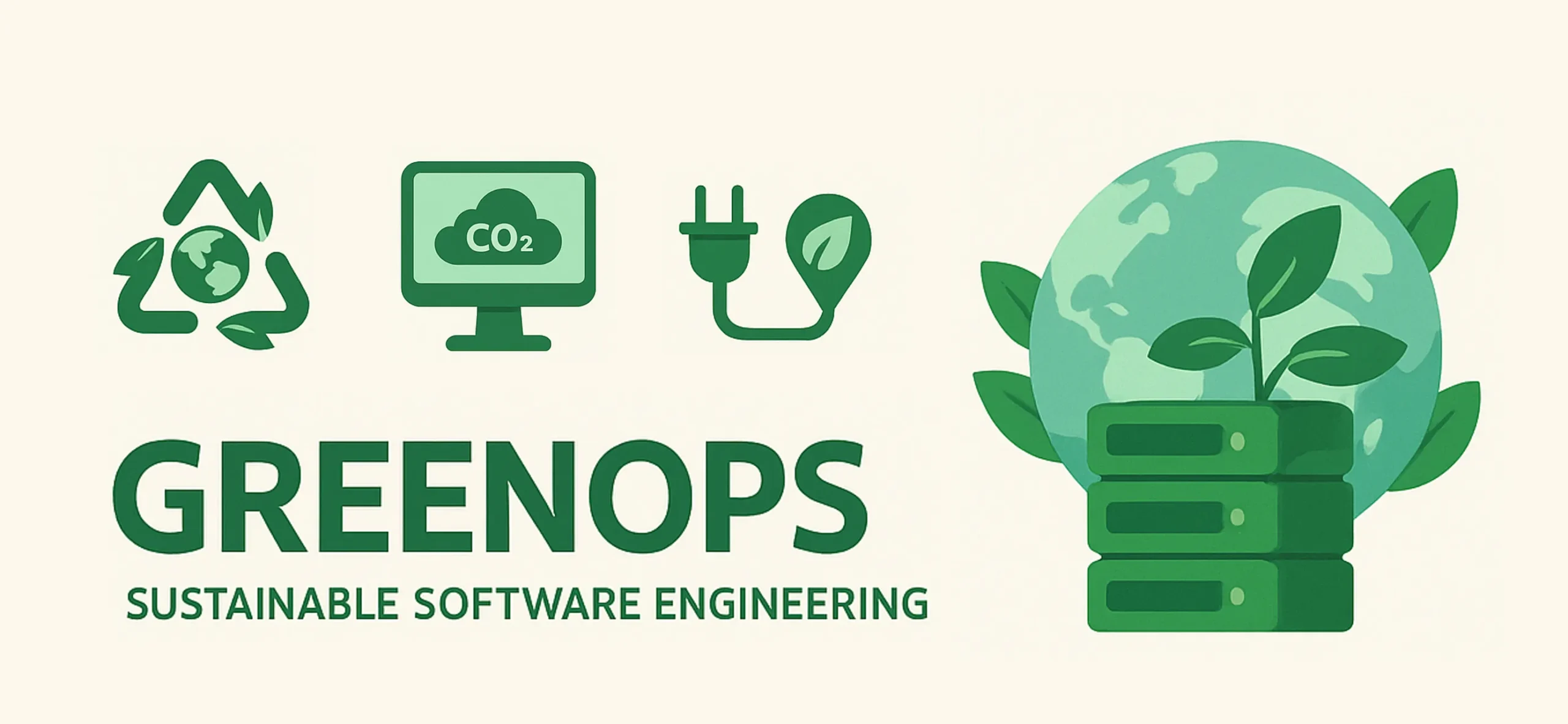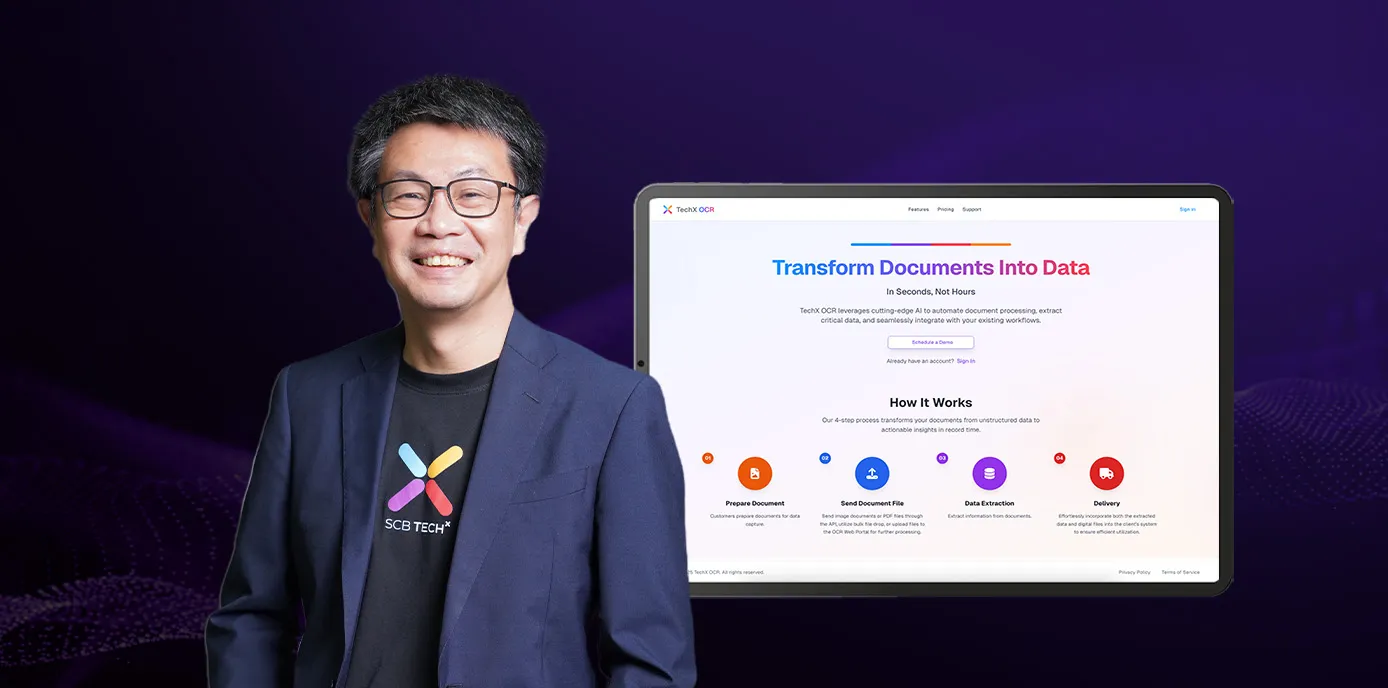
In an era where global warming has become a major global issue, GreenOps, or Sustainable DevOps, is becoming a key focus in the IT industry. This isn’t just about reducing a company’s carbon footprint; it’s also about aligning operations with ESG (Environmental, Social, Governance) principles.
From now on, the success of DevOps will not only be measured by “speed” or “efficiency” but also by its “environmental impact.”
From DevOps to GreenOps: A New Model for a Sustainable World
GreenOps extends the traditional DevOps process by incorporating concepts from Sustainable Software Engineering. Examples include:
- Measuring the System’s Carbon Footprint in Real-Time
This helps to measure how much carbon dioxide is generated each time a container is deployed. This can be done using tools such as:
– AWS Customer Carbon Footprint Tool
– Microsoft Cloud for Sustainability
- Managing Resources Intelligently
For instance, automatically shutting down servers during non-peak hours using the Kubernetes Horizontal Pod Autoscaler.
- Choosing Cloud Regions that Use Clean Energy
An example is deploying on AWS Europe (Ireland), which is powered by 100% wind energy.
Simply changing the region can reduce carbon emissions by 30-40% without affecting performance.
GreenOps Starts with "Collaboration," Not Just "Tools"
The challenge of implementing GreenOps lies not just in the tools, but in the “collaboration” between various departments within an organization, such as:
- DevOps Engineers
Designing pipelines that reduce energy and resource consumption.
- Product Teams
Improving the user experience (UX) to conserve resources, such as by reducing unnecessary API calls.
Spotify modified its recommendation algorithm to use 20% less GPU power without compromising the quality of song recommendations. This was achieved because Data Scientists and DevOps Engineers collaborated from the initial design phase of the system.
The Future of GreenOps: Sustainability Will Become Mandatory
By 2025, legislation like the EU’s CSRD (Corporate Sustainability Reporting Directive) will require companies to report the carbon footprint of their IT systems.
GreenOps will no longer be an “option” but will become a “necessary condition” for conducting business sustainably.
Looking for a DevOps solution that automates your workflow and reduces business costs? SCB TechX helps you modernize your delivery pipeline and bring high-quality products to market faster, building a foundation for long-term growth.
For service inquiries, please contact us at https://bit.ly/4etA8Ym
Learn more: https://bit.ly/3H7W9zm




